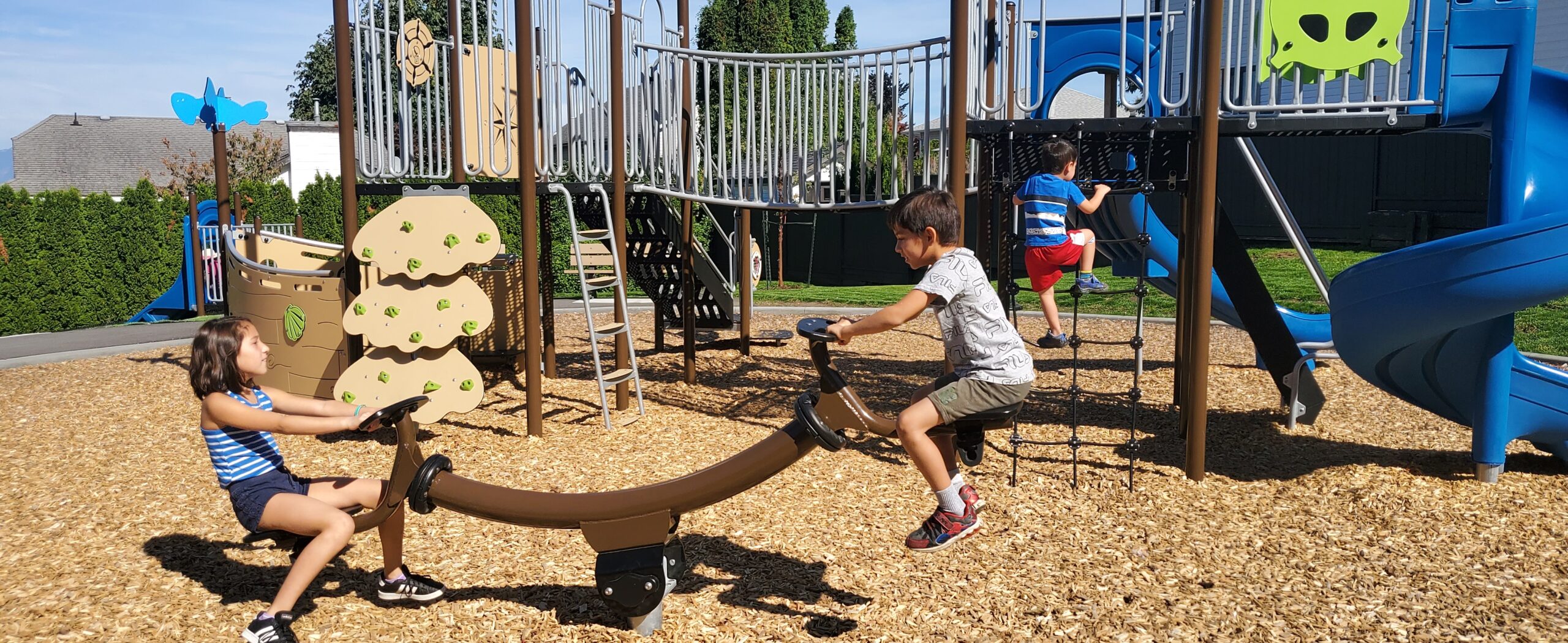It may seem evident the benefits of play for our children: improving their physical endurance, making friends, getting away from screens, etc. The play has a lot of implications for our social, emotional & physical learning.
However, have you thought about the damage that a lack of play can bring to your child? This can go unnoticed by some families, teachers, and communities.
Research has shown us countless scientific evidence that probes the negative results of not playing. Among these, we find both long-term and short-term consequences, including reduced self-control, low empathy, a higher risk of obesity, and so on.
Bellow, we go in-depth on three critical consequences of play deprivation:
Increased likelihood of depression in adulthood
Playing gives a chance to our kids for watching themselves to identify what are they feeling when experiencing new things. In that sense, is a powerful way to discover how emotions feel in their body (e.g. “when I’m feeling angry, my face flush” or “when I’m feeling scared, my stomach hurts”). This allows children, in the long run, to know what reactions to expect and how to manage them (e.g. “when I’m feeling sad, I can find somebody to talk about it”).
When kids are not exposed to playtime, they can’t practice those emotional abilities and neither explore their feelings in a safe environment with adult people that can guide them to calm down.
Reduced adaptability
Play deficiencies tend to be associated with declining adaptive capabilities. When children are playing, they have the opportunity to explore part of the real world. Even in many games, kids recreate situations that they observe in their daily lives, such as going to school or doing household chores.
At the playground, for example, children face normal problems such as falling from climbers or having arguments with other children, or maybe failing to try something new. These situations help them to develop their own resources dealing with failure and with events that can generate intense discomfort.
Isolation
The playground is a space that promotes socialization with peers. Because of that, is one of the first contexts in which we put into practice social skills that will serve us for the rest of our lives. Playing kids learn how to compromise, negotiate, communicate and understand others’ feelings.
However, if from an early age we have few social interactions without constant adult supervision, that is, in spaces that promote freedom & autonomy, we will not have the tools to be able to socialize properly when we are grown-ups. Making friends at the playground is as important as making friends at school because it reduces the likelihood of being bullied & helps our children to make close personal relationships.

Having a lack of fun is seriously detrimental to children’s development. Plus, the pandemic has further exacerbated the crisis of play deprivation that exists in modern societies, primarily because of restrictions on physically socializing with others. But little by little, spaces where children can play safely have begun to reopen…outdoor playgrounds are one of these.
So, what are you waiting to take your child to your playground? Playing is an innate & natural activity that most of us enjoy from young to old!
And if you are interested in improving the playground in your neighborhood so that no child is left without playing! contact us at 604-424-4168 – info@westplay.ca
